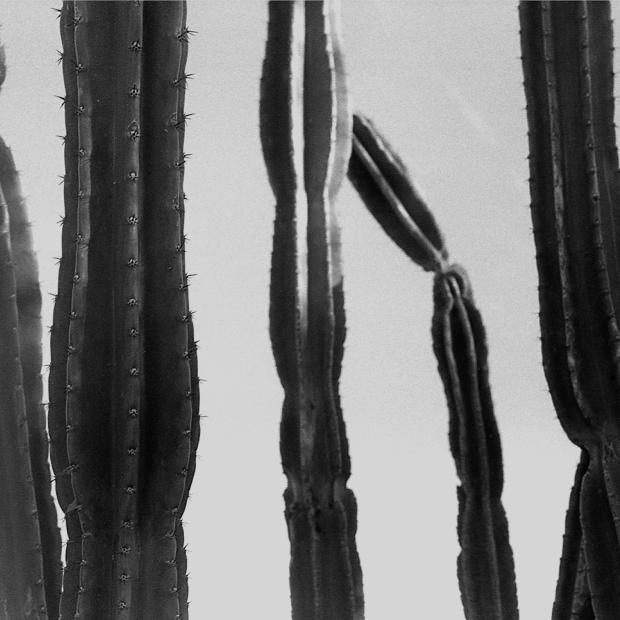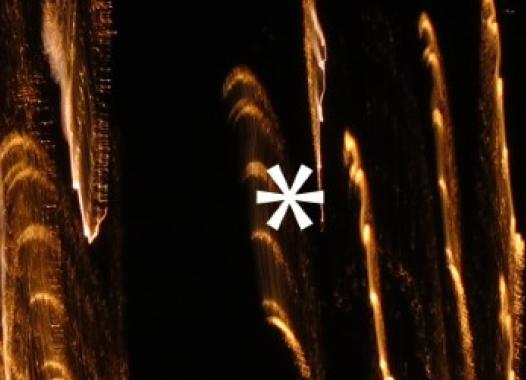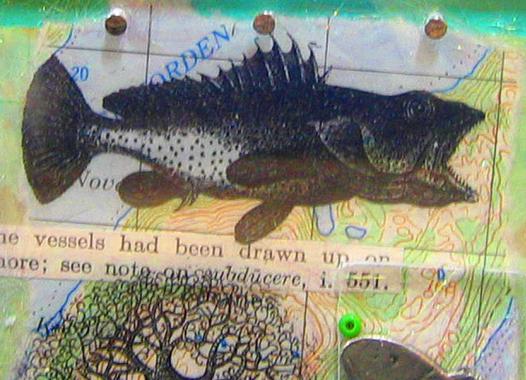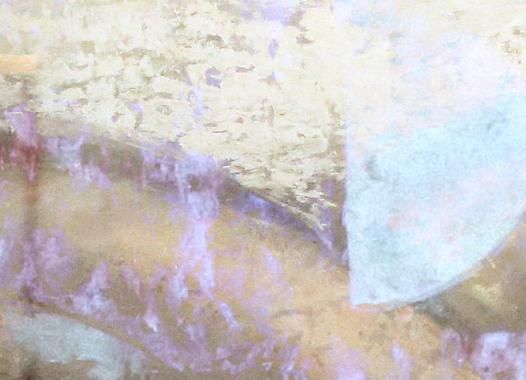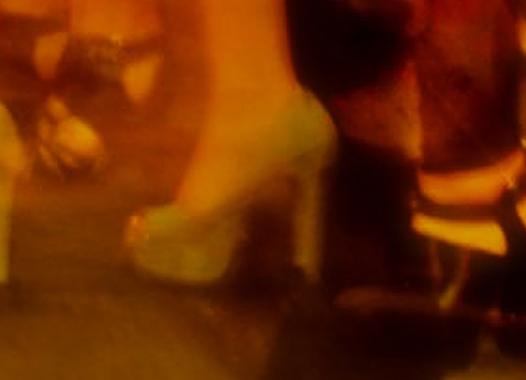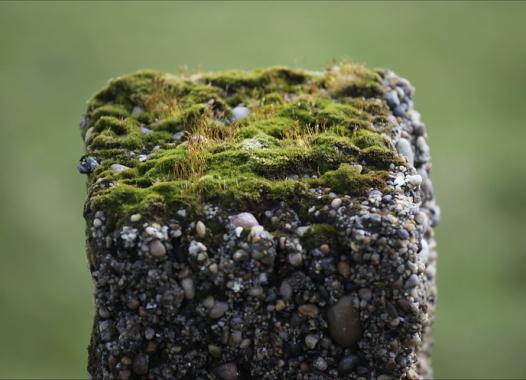
Join the colloquy
Queer Environmentalities
more
Scholars working to bring these two fields together argue that each has undermined its central goals by keeping aloof from the other: That ecological criticism has been fundamentally unable to broach the concerns of queer theory when it has privileged a version of "natural" that foregrounds heteronormativity; and that queer theory, for its part, has had no room for a consideration of the environment because the liberatory impulse of queerness has gotten much of its momentum from the turn away from nature, the de-coupling of human choices from a reigning "natural" order. But, queer environmentalists ask: Can an ecocritical enterprise—one aimed at revealing and reversing the destruction brought about by human-centric conceptions of environment—hope for a success if it fails to take into consideration the injustices of imagining the human as male and heterosexual?
This Colloquy takes its title from Robert Azzarello’s 2012 book Queer Environmentality, in which Azzarello argues that a synthesis of ecocriticism and queer theory can reveal that "the questions and politics of human sexuality are always entwined with the questions and politics of the other-than-human world." Criticism that attends to our queer environmentalities can enable profound resistances to, as Azzarello puts it, "conventional notions of the strange matrix between the human, the natural, and the sexual." Such approaches can reveal the Anthropocene as not only a period in which humankind has altered nature, but also as a period in which humankind has constructed the definitions of nature, and can throw into relief unarticulated valuations of scientific discourse and identity politics in making humans’ relationships with the non-human mean.
Since their budding in the 1990s in the pioneering work of ecofeminist critics such as Catriona Sandilands and Greta Gaard, queer-ecological methods have gained momentum across humanistic disciplines, periods, and national boundaries. This Colloquy highlights exciting new work in literary and cultural histories and presents dance and performance, film, music, urban studies, and political ecology. It showcases a range of approaches, from postcolonial to trans theory, to objects of study spanning our aesthetic productions and our political, economic, and rhetorical responses to the challenges of managing climate change and natural resources. The pieces featured here expand conceptions of environment and sexuality to include the human(-made) and the non-human, the intersections of bodies' outsides and insides, minds and discourses, making possible new ways to think filiation and affiliation, desire and sex, realisms and un-realisms, aesthetics and politics.
